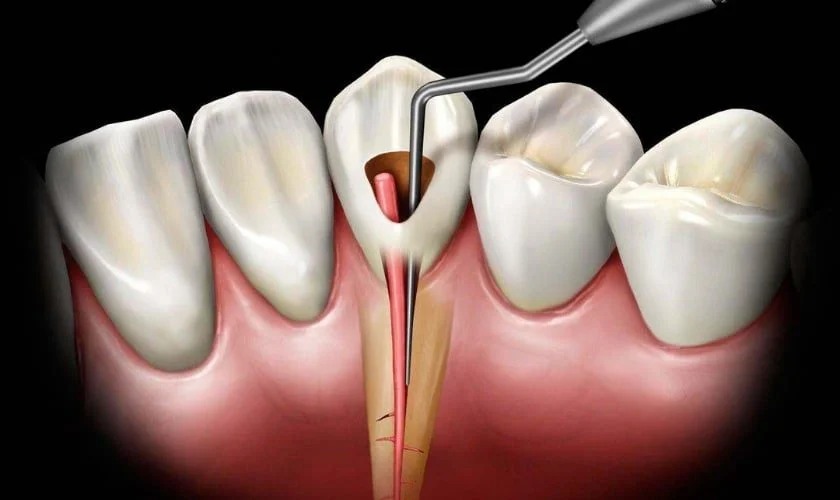Starting bisphosphonate therapy for osteoporosis, bone cancer, or high calcium levels is an important step for your bone health—but did you know your jaw and teeth could be at risk if you don’t see a dentist first?
A pre-bisphosphonate dental check can prevent serious complications like jaw necrosis, bone loss, and gum disease, ensuring your oral health stays strong while your bones get the support they need.
Why a Dental Check Matters Before Bisphosphonates
Bisphosphonates slow bone breakdown, which is great for preventing fractures—but the jawbone is a bit different from the rest of your skeleton:
It has a high blood supply
It constantly faces bacteria from food and saliva
It experiences chewing forces daily
Because of this, the jawbone heals more slowly during bisphosphonate therapy, increasing the risk of Medication-Related Osteonecrosis of the Jaw (MRONJ) if dental problems aren’t treated first.
Who Should Get a Pre-Bisphosphonate Dental Check?
A dental check before starting medication is essential for:
Adults starting osteoporosis therapy
Cancer patients receiving IV bisphosphonates
Patients planning dental implants or crowns
Anyone concerned about gum disease or bone loss
What Happens During Your Dental Clearance
During your appointment, your dentist will:
Take X-rays to find hidden infections or bone issues
Examine your gums and jawbone
Review old crowns, fillings, or implants
Make a personalized treatment plan
Complete any necessary dental work before therapy begins
This preventive approach reduces complications and ensures your jaw heals safely.
Dental Work to Complete Before Therapy
Some dental procedures are safer before bisphosphonates start:
Tooth extractions
Dental implants
Crowns and bridges
Root canal treatments
Deep cleaning or periodontal therapy
Once treatment begins, invasive procedures carry higher risks and slower healing.
Benefits of Early Dental Care
Getting your dental check early can:
✔ Reduce risk of jaw necrosis and bone loss
✔ Prevent emergency dental procedures
✔ Protect your surrounding teeth
✔ Support long-term oral health
Many patients only discover this risk after complications occur, making preventive care essential.
Maintaining Oral Health During Therapy
Even after starting bisphosphonates, you can protect your mouth by:
Visiting the dentist every 3–6 months
Maintaining excellent oral hygiene
Avoiding unnecessary extractions or invasive procedures
Reporting pain, swelling, or exposed bone immediately
Calcium, Vitamin D, and Jaw Health
Patients on bisphosphonates often take calcium and vitamin D supplements. These strengthen bones, but they cannot replace good oral health. Healthy gums and teeth are critical to prevent jaw complications.
Key Takeaways
Your jaw deserves as much care as your bones.
Complete dental work before starting therapy to reduce risk of jaw necrosis.
Regular check-ups and preventive care protect both your smile and overall health.
Early intervention saves time, money, and stress in the long run.
Take Action:
Don’t wait! Book your pre-bisphosphonate dental check today and ensure your jaw is healthy and ready for treatment.


